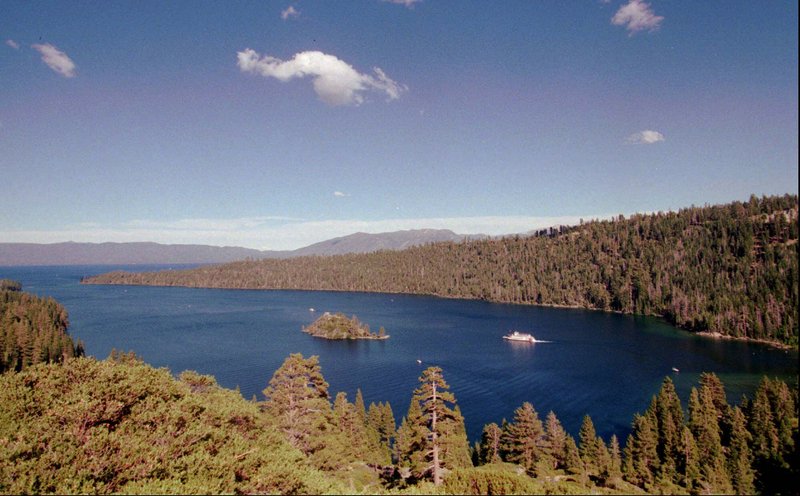WASHINGTON — A first-of-its-kind NASA study is finding nice cool lakes are heating up – even faster than air.
Two NASA scientists used satellite data to look at 104 large inland lakes around the world and found that on average they have warmed 2 degrees since 1985. That’s about two-and-a-half times the increase in global temperatures in the same time period.
Russia’s Lake Ladoga and America’s Lake Tahoe are warming significantly and the most, said study co-author Simon Hook, a scientist at the Jet Propulsion Lab in Pasadena, Calif. Tahoe has heated up by 3 degrees since 1985, while Ladoga has gone up by 4 degrees.
The study was published Wednesday in the journal Geophysical Research Letters.
Hook and his colleague used several satellites and looked at thermal infrared images of the lakes in winter and summer. They also confirmed the numbers by comparing them to buoy data.
“It fits with what we see with air temperature measurements,” Hook said. “We were surprised that in some places the lakes appear to be warming more than the air temperature.”
The next question to look at is why the lakes seem to be warming faster than the air or land, Hook said. One reason could be the way lakes warm – in a more gradual manner than land but also slower to cool.
NASA climate scientist Gavin Schmidt, who was not part of the study, said the research made sense and adds another independent measuring system to show that the world is warming up. Eleven different indicators – including air temperature, humidity and snow cover – show statistically significant man-made global warming, while no environmental measurements show otherwise, according to the National Oceanic and Atmospheric Administration.
Warming lakes is No. 12, said University of Victoria climate scientist Andrew Weaver.
Overall, 41 lakes increased temperatures in a statistically significant way, with another 59 individually warming but not enough to be considered significant. Only four showed temperature drops, but not significantly, Hook said.
Send questions/comments to the editors.



Success. Please wait for the page to reload. If the page does not reload within 5 seconds, please refresh the page.
Enter your email and password to access comments.
Hi, to comment on stories you must . This profile is in addition to your subscription and website login.
Already have a commenting profile? .
Invalid username/password.
Please check your email to confirm and complete your registration.
Only subscribers are eligible to post comments. Please subscribe or login first for digital access. Here’s why.
Use the form below to reset your password. When you've submitted your account email, we will send an email with a reset code.